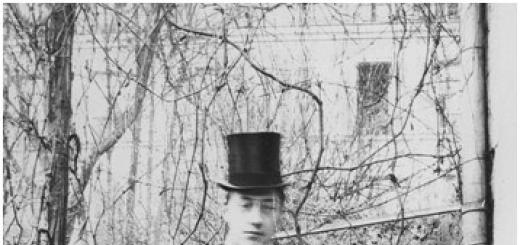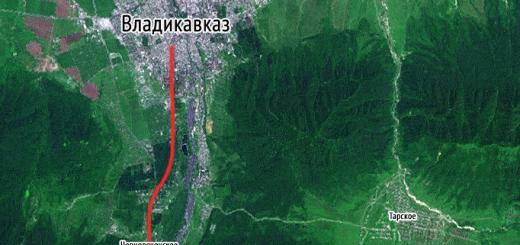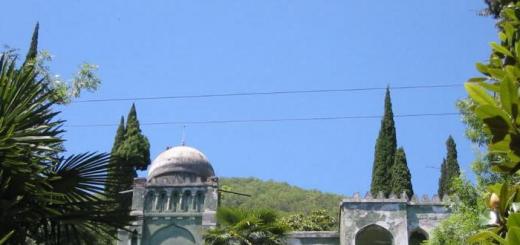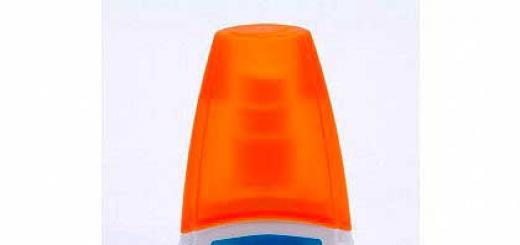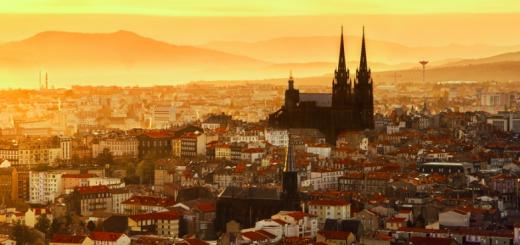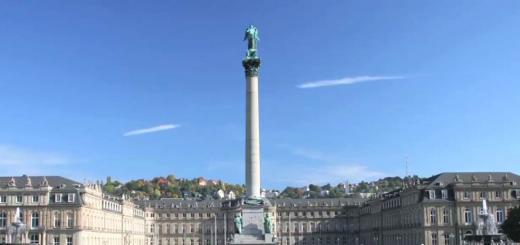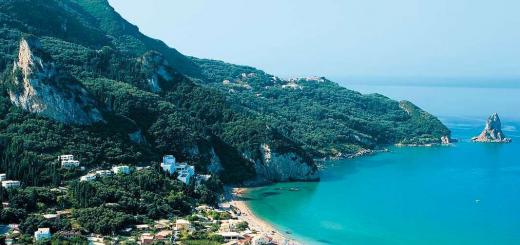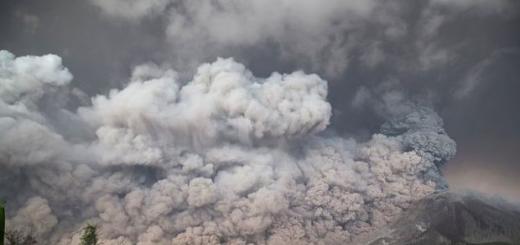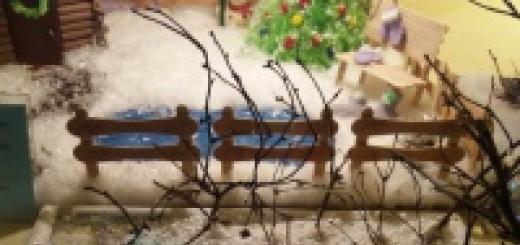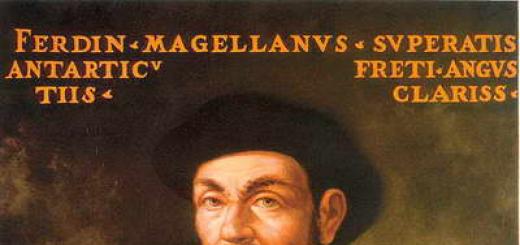Most passengers from Russia clap their hands when the plane in which they are flying lands. As it turned out in a survey of more than 5,000 people conducted by the tourist service Tutu.ru, 52% admitted to clapping. Of these, 37% always clap, and for them it is a way to thank the pilot for a soft landing: a frightening amount, by the way, correlated with the number of aerophobes in society. In 15%, the brain is not yet completely affected and they have a chance: they admitted that they clap, but not always, but when they are in the mood.
26% assured that they themselves do not clap, but calmly relate to the applause of other passengers. And 22% turned out to be opponents of this tradition: they themselves do not clap and get annoyed when neighbors do it. For them, applause is something on a par. Why is clapping a disgrace? There are 4 arguments.
There is no point in clapping immediately after touching the landing strip. Firstly, in the overwhelming majority of cases, the pilots simply do not hear these applause, so they do not feel “gratitude for a soft landing”. There are legends that with especially violent applause, flight attendants then tell the pilots about them, but this is not accurate 😉
Secondly, thank you too early. It is not very clear from the passenger compartment in which part of the runway you touched it - what if, with a “flight”, you now roll out of the runway? Or will the reverse work on only one engine and the plane will deploy?
Thirdly, who to thank? Developers of electronic precision approach systems, such as ILS or ? There is no magic in descending along the glide path in automatic mode, and at the end not to miss the runway: you can go to one yourself and see for yourself. It is clear that with poor visibility and strong wind it is more difficult to land, but this is not the first time that pilots have been sitting in the cockpit and, again, there is no magic, there is a clear implementation of procedures. Some pilots are even offended - they say they clap for the fact that I did not ruin the plane. Now, if the passenger, who first saw the steering wheel, lands the plane, it will really be a miracle worthy of applause.
Fourthly, in some cases, landing is deliberately done with "attaching" on the strip - for example, if the surface is wet, this increases the adhesion of tires (tires) to asphalt or concrete. We don't write "tough" because the word " hard landing"has a very specific meaning - with it, damage to the aircraft occurs. At least in the form of permanent deformation, not to mention more serious consequences such as undercarriage of the landing gear, etc. We are talking about a tangible push when you touch the strip - and the pilots of foreign companies usually land in this way; an inconspicuous touch is more characteristic of Russian and Soviet pilot training traditions. However, the difference is very conditional: “for them” an overload of 1.4-1.5g is considered normal, “for us” - 1.2-1.3. There is no practical benefit in less overload - it's more a matter of history. On old Soviet airfields, the runway surface had low strength, so they tried to touch it softer, and the landing gear had many wheels so that the weight of the aircraft was distributed over a larger area.

Remember: the Tu-154 had six-wheel racks, like the Boeing 777, which has a landing weight three times greater. In addition, on modern aircraft, touch-down overload is simply necessary, since compression of the landing gear is required (roughly speaking, compression operation) - at the appropriate signal, the automatic brakes are turned on, spoilers on the wing are released, etc., while on the old all this was done by hand. So too soft landing is even dangerous. 
The custom of applauding the pilot during a soft landing was not invented by Russians, but by temperamental Italians. It was they who became the founders of the tradition of showing delight when meeting with the earth. In our country, there has never been such a manner of gratitude to the staff of pilots, even in the days of the USSR. They adopted it just recently, when they began to massively fly abroad. Therefore, the myth that the Russians invented a similar method of responding to a safe landing should be dispelled.
Why do people clap when landing?
Psychologists at Lancaster University investigated this phenomenon and concluded that many people experience panic on board. Someone even suffers from aerophobia, but learns about it already in the air. The moment the chassis touches the ground, a welcome relief comes. However, the landing is not yet complete. There have been many cases when aircraft had technical problems at the very moment of landing. And not only in our country, but also abroad. The pilots are the most tense at this moment, because they are making a serious maneuver. Because the applause sounds ahead of time.
Some scientists believe that applause is often heard as a sign of solidarity. When one person starts clapping, others pick up the euphoria, thus supporting their neighbor. Many people think that this is accepted at all, therefore they do not want to stand out from the crowd, demonstrating their "lack of culture".
What do pilots think about this custom?

Passengers may think that the pilots of an aircraft are pleased to hear a burst of applause in their honor. However, it is not. They do not care. Of course, every helmsman feels a colossal responsibility for the lives of people who are on board the aircraft. But they have their own rules and customs. It turns out that pilots are superstitious people. They can exhale with relief not when they landed, but when the plane has completely stopped, and the passengers go down the ladder. Some pilots were interviewed asking about applause. They all answered as one - they don't care what passenger 20B thinks about their work.
Perhaps for some this will be a revelation, but the pilots do not even hear the reactions of passengers. They are behind armored doors and sit at the helm in headphones. Because of the explosion of applause can learn only from flight attendants. Essentially, the passengers are clapping themselves and thanking each other. Well, there is nothing like expressing gratitude to your neighbor for causing a minimum of inconvenience, and also being a pleasant company during a long flight, for example.
Who most often expresses gratitude with a standing ovation?
According to surveys conducted among pilots of both charter and domestic flights, people flying on vacation tend to express gratitude in the form of applause. If there are respectable businessmen in the salon who are going to important meetings or negotiations, they are not inclined to express their admiration in this way. They probably understand that the state is simply doing its job. Even if it's very professional.
How else can you thank the crew?

Even if the pilots could hear the applause, they would not be happy about it. Agree, few professionals like it when someone doubts their competence. This is the opinion expressed by all the pilots in the world. They recommend that passengers refrain from applause and, as an alternative, leave feedback on the work of the crew as a whole. Thanks can be expressed on the company's website. However, more and more often one has to meet just the opposite situation - passengers rarely leave written thanks. Increasingly, they find shortcomings in the work of the crew and do not forget to express indignation in writing.
What do you think?
Why do passengers clap for pilots after a plane lands and when did this tradition begin? For an answer, we turned to an experienced pilot and a psychologist who works with aerophobes. The answer to this question was quite unexpected:
Oleg Smirnov, pilot with 40 years of experience:
It's really not what you think. The habit of clapping after landing is characteristic not only of tourists from the CIS, on the contrary, this tradition came to us from the West. We started to clap en masse only after the 90s, when people started to travel abroad and saw how they do it there.
And in Soviet times, passengers sometimes clapped, but only when the landing took place in some difficult weather conditions or when the flight was associated with some kind of difficulties. Then, yes, it happened.
I’ll tell you a secret: the pilots don’t hear you clapping in the cabin, they are separated from you by an armored door, but the flight attendants always report: the landing went well, the passengers were happy and applauded. Of course, this is a pleasure for us, as for any person who has done a good job and who has been appreciated.
Tatyana Volkova, psychologist working with aerophobes:
There is no single version of where the tradition of clapping your hands after landing came from. The following can be considered the most plausible: this tradition became especially popular in the 90s, when information about plane crashes and other incidents in the air ceased to be a state secret and came out to the masses. Of course, the people were impressed and ... rejoiced.
Clapping after landing is almost the same as saying “thank you, it was very tasty” after dinner at a restaurant. Pilots, as well as cooks, will not hear this and can only learn about the reaction of grateful passengers from flight attendants. Accordingly, clapping, we do it not so much for them, but for ourselves.
It can be seen that immediately after landing there is not a flurry of applause. There are always two or three soloists who start first, and other passengers already join them. I would venture to suggest that these soloists are more or less afraid of flying and their tension reaches a peak during landing. People are stressed, they need to release their emotions urgently. Doing something eccentric, like screaming, dancing, and the like, is not comme il faut. And to thank the pilots and the crew is the most it. This explanation is also supported by the observation that people clap most often on charter flights. After all, charters are used for the most part by those who fly once or twice a year on vacation and, accordingly, are especially nervous out of habit.
At the request of a reader, The Village decided to find out why Russian passengers clap for pilots after the plane lands and when this tradition was born. For an answer, we turned to an experienced pilot and a psychologist who works with aerophobes. The answer was rather unexpected.
Why Russian passengers
clapping on landing?
Oleg Smirnov
pilot with 40 years of experience
It's really not what you think. The habit of clapping after landing is peculiar not only to Russians, on the contrary, this tradition came to us from the West. We started to clap en masse only after the 90s, when people started to travel abroad and saw how they do it there.
And in Soviet times, passengers sometimes clapped, but only when the landing took place in some difficult weather conditions or when the flight was associated with some kind of difficulties. Then, yes, it happened.
I’ll tell you a secret: the pilots don’t hear you clapping in the cabin, they are separated from you by an armored door, but the flight attendants always report: the landing went well, the passengers were happy and applauded. Of course, this is a pleasure for us, as for any person who has done a good job and who has been appreciated.
tatyana volkova
psychologist working
with aerophobes
There is no single version of where the tradition of clapping your hands after landing came from. The following can be considered the most plausible: this tradition became especially popular in the 90s, when information about plane crashes and other incidents in the air ceased to be a state secret and came out to the masses. Of course, the people were impressed and ... rejoiced.
Clapping after landing is almost the same as saying “thank you, it was very tasty” after dinner at a restaurant. Pilots, as well as cooks, will not hear this and can only learn about the reaction of grateful passengers from flight attendants. Accordingly, clapping, we do it not so much for them, but for ourselves.
It can be seen that immediately after landing there is not a flurry of applause. There are always two or three soloists who start first, and other passengers already join them. I would venture to suggest that these soloists are more or less afraid of flying and their tension reaches a peak during landing. People are stressed, they need to release their emotions urgently. Doing something eccentric, like screaming, dancing, and the like, is not comme il faut. And to thank the pilots and the crew is the most it. This explanation is also supported by the observation that clapping is most common on charter flights. After all, charters are used for the most part by those who fly once or twice a year on vacation and, accordingly, are especially nervous out of habit.
There is a common stereotype that applause during landing is an exclusively “Soviet” tradition. In fact, this is not so, the roots of this phenomenon must be sought in Europe.
Russians began to clap en masse only after the 90s, when people began to travel abroad and saw how they do it there.
And in Soviet times, passengers sometimes clapped, but only when the landing took place in some difficult weather conditions or when the flight was associated with some kind of difficulties.
Italians still often greet soft landings with applause. True, the majority of Europeans have already “been ill” with this, they applaud only after landing in difficult conditions.
The most interesting thing is that the pilots do not hear people clapping in the cabin, they are separated by an armored door, but the flight attendants always report: the landing went well, the passengers were happy and applauded.
Those who have flown know that it is not a flurry of applause that is heard immediately after landing. There are always two or three people who start first, and other passengers already join them. Most likely this is due to the emotional overstrain associated with the fear of flying. People are stressed, they need to release their emotions urgently. To do something eccentric, for example, to scream, start dancing, and the like, does not seem to be comme il faut. And to thank the pilots and the crew is the most it.
This explanation is also supported by the observation that clapping is most common on charter flights. After all, charters are used for the most part by those who fly once or twice a year on vacation and, accordingly, are especially nervous out of habit.

